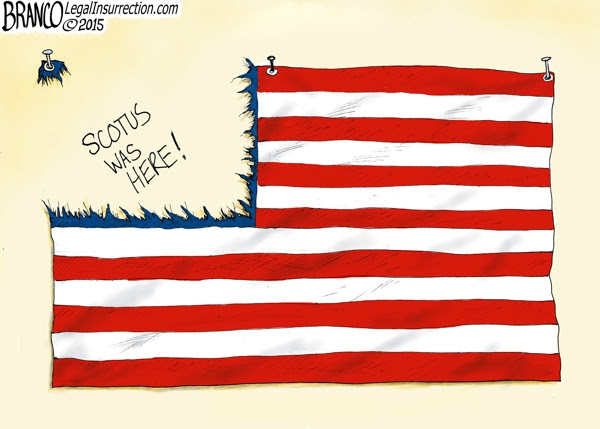Our Tax and Spend Friend
To people who think Social Security is some kind of pension plan in which we’ve been investing for years… forget about it. It never was that. More importantly it isn’t going to be that in the future. The system works this way. Current retirees get their money from payroll taxes paid by those currently working. It’s a government tax-and-spend program.
The Issues
The problem the program faces is Americans are living longer and having fewer children. The number of working Americans per retiree keeps shrinking. The only way to keep the program going is to raise taxes or cut benefits. You cannot continue to borrow enough to keep the program working.
The point where the whole system is projected to collapse, according to Social Security trustees, is 2034. That’s 15 years away. Revenues projected for that year will cover only 79% of the funds needed for payout . Keeping the finances in balance will require a 21% benefit cut, a 27% tax increase, or some combination thereof.
The problem however isn’t just one of demographics and arithmetic. It’s also a problem of principles. Before the Helvering v. Davis decision at the Supreme Court the welfare state was understood to be a decision left to the states. After FDR signed Social Security into law in 1935, its constitutionality was challenged. The case Helvering v. Davis was the result. In it the Supreme Court found Social Security constitutional and the welfare state was born.
The system
This SCOTUS decision has changed our sense of the role of government. It marked creation of the entitlements. The welfare state is where the government taxes, takes away from one set of citizens and redistributes, it gives to another set of citizens. Most importantly the government arbitrarily picks winners and losers. It is the ultimate game of power and control. The administration of this system is done by nameless, faceless, unelected and unaccountable bureaucrats.
Helvering v. Davis opened the door to any federal program that could be deemed in the “general welfare.” Before inception of the welfare state the lion’s share of federal spending was for defense. Today defense of the nation comprises only 15% of the federal budget. Most of the $4.2 trillion of federal spending goes to entitlement and welfare programs. They are the key drivers of our massive federal deficits and debt accumulation.
Social Security is an entitlement program. People claim incorrectly they paid taxes all their working life to qualify for a benefit. Think about it; 62 million people are now collecting Social Security benefits. That’s one in every five Americans. Gallup reports 57% of retirees say Social Security is a “major source” of their retirement income. But none of these tens of millions are in the system by choice. The government forces us to pay in. Government determines what we will get. The conditions under which we get it is determined by the government.
Government has changed the rules innumerable times. Soon it will change them again. It has to or the music stops entirely. That Americans have conceded the moral dignity and economic benefits of ownership by allowing government to take control of their lives, has hurt our country. Studies show that investing the equivalent of one’s payroll tax in a personal retirement account over a 45-year working life would produce higher returns than Social Security delivers.
Social Security returns are about to get even worse with the changes necessary to make the system financially sound. Equally important, if you invested your money instead of paying taxes, you would own our personal account. It would be your personal wealth. You would control and watch your wealth accumulate. You could pass it on to your heirs. This is particularly important to low-income Americans who have no other platform for accumulating and bequeathing wealth.
Conclusion:
Gallup reports that 36% of African-Americans compared with 60% of white Americans own stock in some form. Bringing a culture of ownership to low-income Americans can be transformational. Nothing could be more American than to transform our broken Social Security system to a system of personal ownership, saving, and wealth accumulation. Imagine that self-reliance, self-discipline and self-control producing independence and freedom.
Ref:
https://www.law.cornell.edu/socsec/course/readings/301us619.htm
Levy, Robert A.; Mellor, William H. (2008). “Promoting the General Welfare”.
https://www.socialsecurity.gov/history/tea.htm
Economic Insecurity in Old Age (Social Security Board, 1937)
Butler, Chris. “”The Social Impact of Industrialization,” The Flow of History”.
Steward Machine Company v. Davis, 301 U.S, 548
Helvering v. Davis, 301 U.S. 619
The Daily Signal, Star parker, 4/3/19
